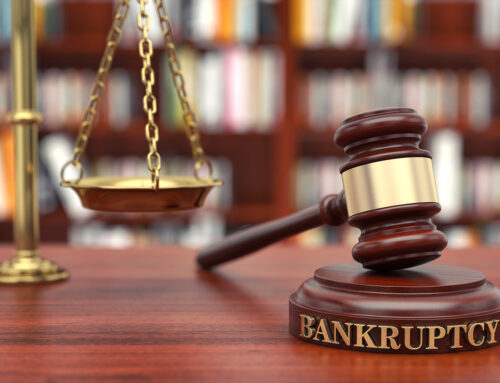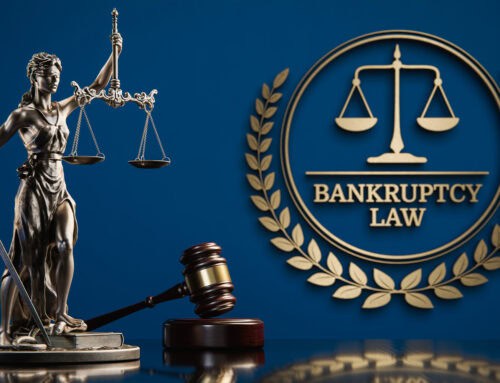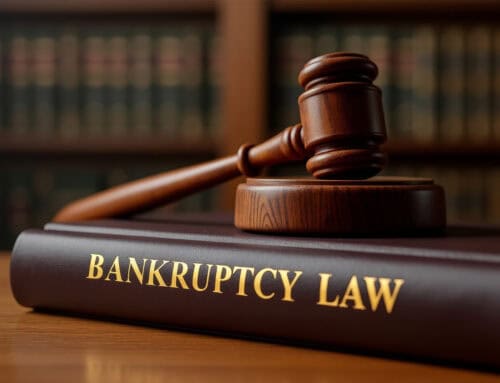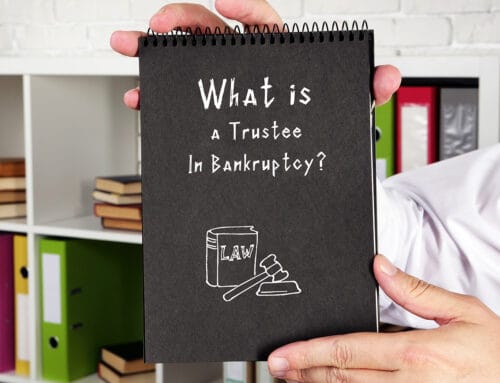Other California Bankruptcy Exemptions
We know what you’re probably thinking. You’re thinking “Other California Bankruptcy Exemptions? Other than what?” We covered the new law that increased the homestead exemption on California residences in bankruptcy proceedings in another article. If you haven’t read that, it’s a good place to start. In this article, we’re covering additional bankruptcy exemptions you may be eligible for in the state of California.
Your Bankruptcy and Exemption Options
As an individual (or couples filing jointly), you generally have your choice between two types of bankruptcy filings: Chapter 7 and Chapter 13. You also have a choice between two types of exemption systems, which are named after the California Code of Civil Procedure. One system of exemptions falls under code “704” and the other is “703”. The exemptions protect certain types of property (assets containing value) from creditors. Both systems exist to provide protection that allows you to maintain a minimum standard of living, and you must choose which one is more helpful to your specific situation.
Before you determine which exemption system to use, you should decide which type of bankruptcy to file. Chapter 7 is a liquidation filing. This means the nonexempt property you have is liquidated — sold for cash — to pay off your unsecured debts. Chapter 13 bankruptcy doesn’t liquidate your nonexempt property. Instead, it uses its value as part of the calculation to determine payments you’ll make to creditors over a three to five-year period.
Either way, whether you file Chapter 7 or Chapter 13 bankruptcy, it’s essential to claim the right exemption system. What’s the best way to do that? The answer is in which property has the most value and highest exemptions for you: your home or your other personal property.
Bankruptcy in California Compared to Other States
In California, residents are required to use state exemptions as opposed to federal ones when it comes to bankruptcy. However, California is the only state that offers two exemption systems with the option to choose which is most beneficial to you. On the other hand, most other states allow joint filings to double exemptions whereas California generally doesn’t. You can, however, leverage nonbankruptcy federal exemptions where they apply in addition to your state bankruptcy exemptions.
Exemptions Are Capped
Take note that exemptions don’t necessarily exclude property outright. Instead, specific property is assigned a capped value amount to claim. The intent is to protect the property that you need to survive, make a living, and attempt to rebuild. Exemptions aren’t meant to cheat the system. You should protect what is allowable by law and choose that which is most beneficial to you, but don’t start getting creative and sneaky and run the risk of fraud.
Anything you claim as exemptions will be documented and reviewed by the bankruptcy trustee. Mistakes can be clarified, but outright deception is considered fraud and is punishable by up to 20 years in prison and $250,000 in fines.
Making the Most of Your Exemptions
The 704 exemptions tend to be most beneficial for those with higher home values. The cap on home value exemptions increased January 1, 2021, which we covered in the other article linked at the beginning of this post. Additionally, new 704 exemptions went into effect on January 1, 2020 that provided protection on deposit accounts (up to $1,788) and FEMA benefits (not that you have a ton of those laying around). You can also claim exemptions on your vehicle, personal property, retirement and pensions, and other miscellaneous items. Just remember that each of these have limits.
People claim 703 exemptions in California when their personal property tends to exceed their home value. Under this system, you still get a homestead exemption but for a lesser amount. However, personal property exemption caps are higher than those in the other system.
At the Law Offices of Brent D. George, we want you to be informed about multiple areas of law. Bankruptcy can be confusing and overwhelming. Make sure you talk to a bankruptcy attorney to ensure you file properly with the full maximum exemptions available to you.
Disclaimer: This article is intended for informational purposes only and does not constitute legal advice. For personalized assistance, please contact our office at (805)494-8400.





